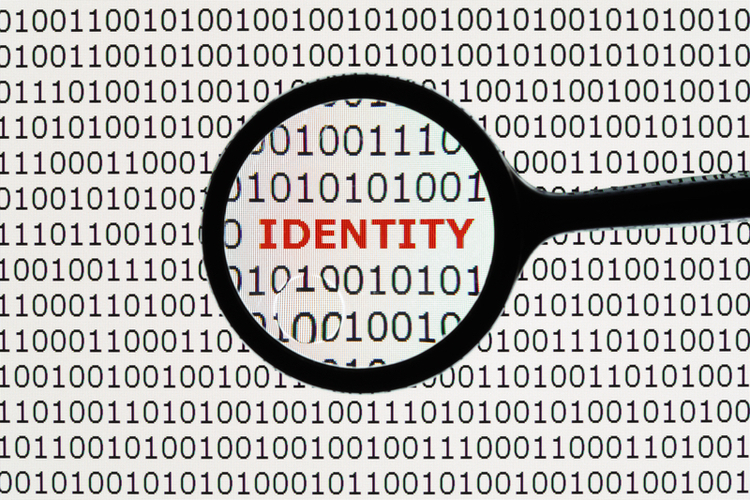
You can protect against identity theft for as little as $25 a year
While you're focusing on trying to avoid getting infected with the Coronavirus, hackers may be trying to infect your devices with malicious software or grab your personal information leading to identity theft. Security experts say that hacking attempts are becoming more frequent in general, and one of the fastest-growing tactics is to use the Coronavirus crisis as a ruse.
It's important to be aware of potential scams designed to get you to enter sensitive information like your passwords or credit card numbers. Hackers may range from sophisticated, state-sponsored attackers to ordinary cybercriminials.
Zscaler, a security firm, said hacking threats on systems it monitors have increased 15% a month since the beginning of the year, and they've jumped 20% during the month of March. Two major categories of attacks are using the words "coronavirus" or "COVID-19" to attract targets in high numbers.
One attack described by Malwarebytes was a malicious spam email falsely offering a file containing information from the World Health Organization on protecting children and businesses from the virus. When downloaded, the file loads malicious software that can steal web browsing data and track everything its victims type. A malicious app detailed by Zscaler promised to show users when someone infected with the novel coronavirus was nearby. Instead, it infected users' phone with ransomware. And another coronavirus-related app found by Lookout, a mobile security company, turns out to stalk users' locations.
So what can you do?
Never download any apps from sources you don't know. Likewise, never provide any of your key information like passwords, credit card numbers or your social security number in response to emails or online offers if you're not sure of the source. You can do a little investigative reporting of your own by googling the company or business that is sending you the info and also check them out on the Better Business Bureau.
If in doubt, always decline any further action.
It's also a smart idea to see if your current homeowner policy contains an endorsement that allows you to insure your identity - often for as little as $25 a year. If your identity ever is stolen, your insurer will work with police and credit bureaus to restore your good name and reimburse costs related to repairing your credit.
With everything going on as a result of this pandemic, you've got more than enough to worry about. Don't let identity theft make a difficult situation even worse. Call us to discuss adding identity theft protection to your policy today. 314-894-1313
